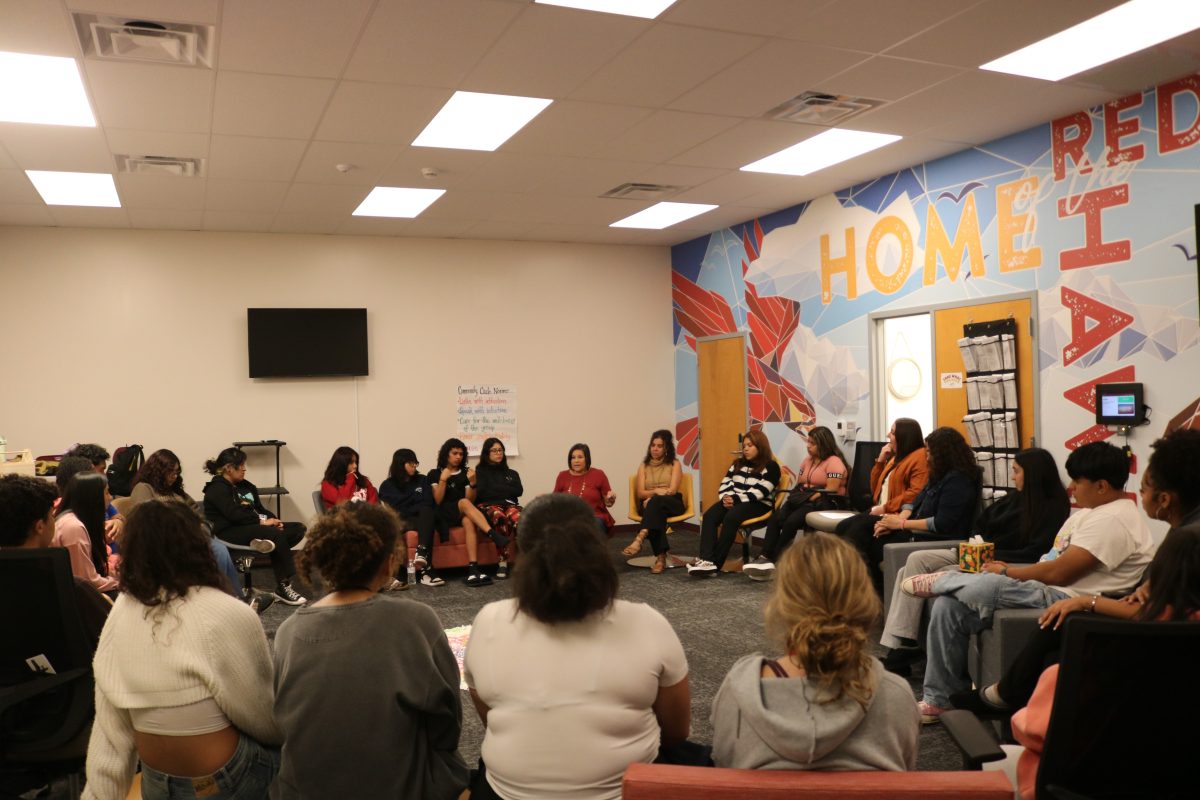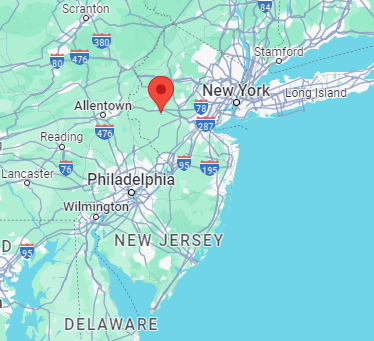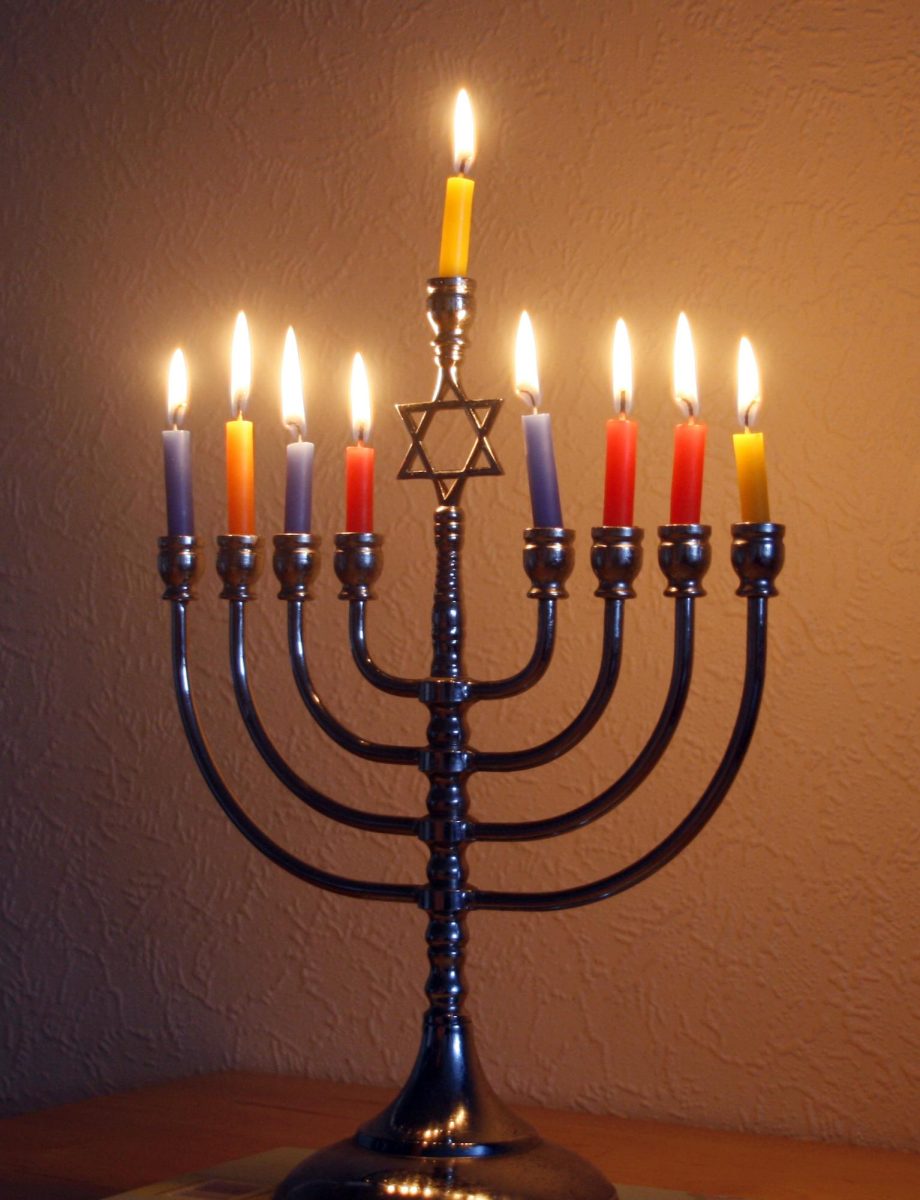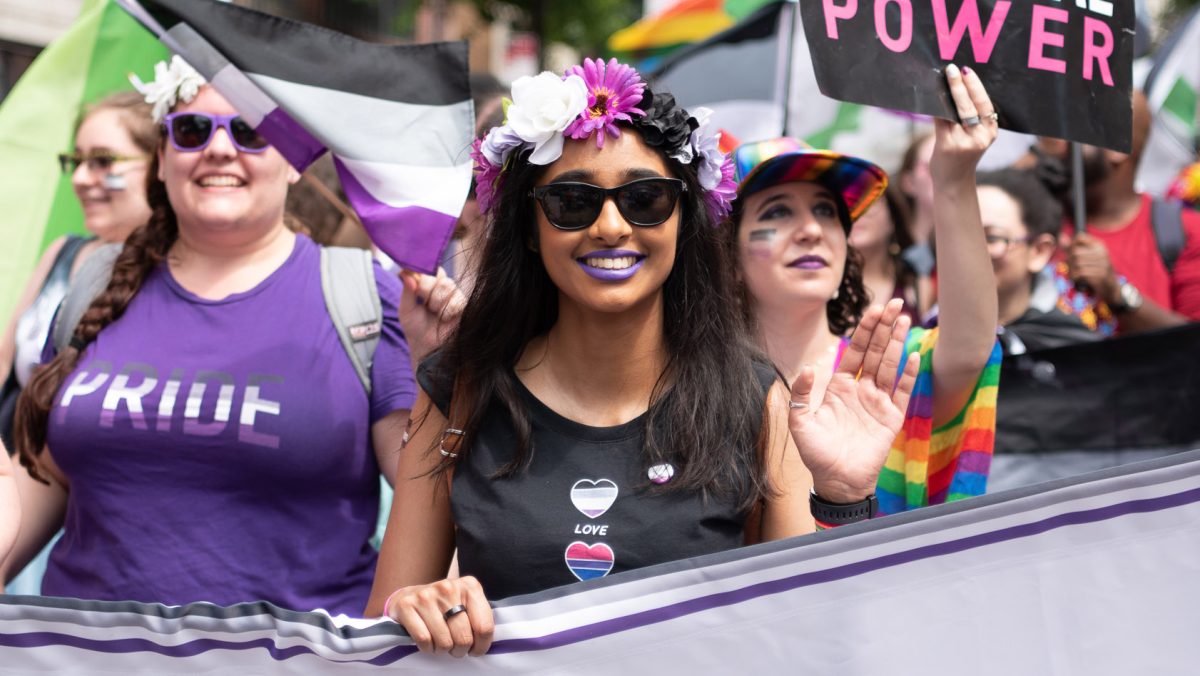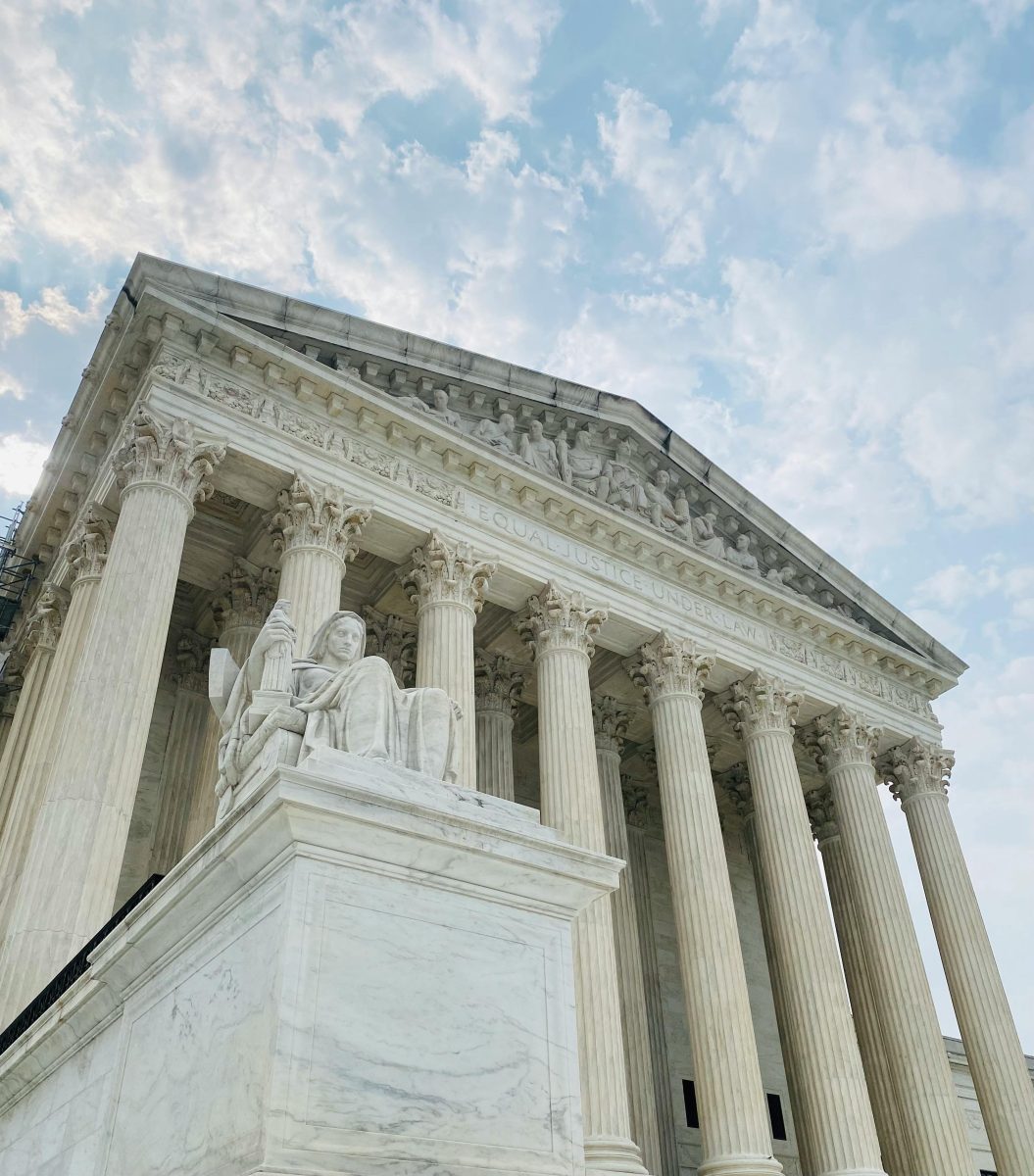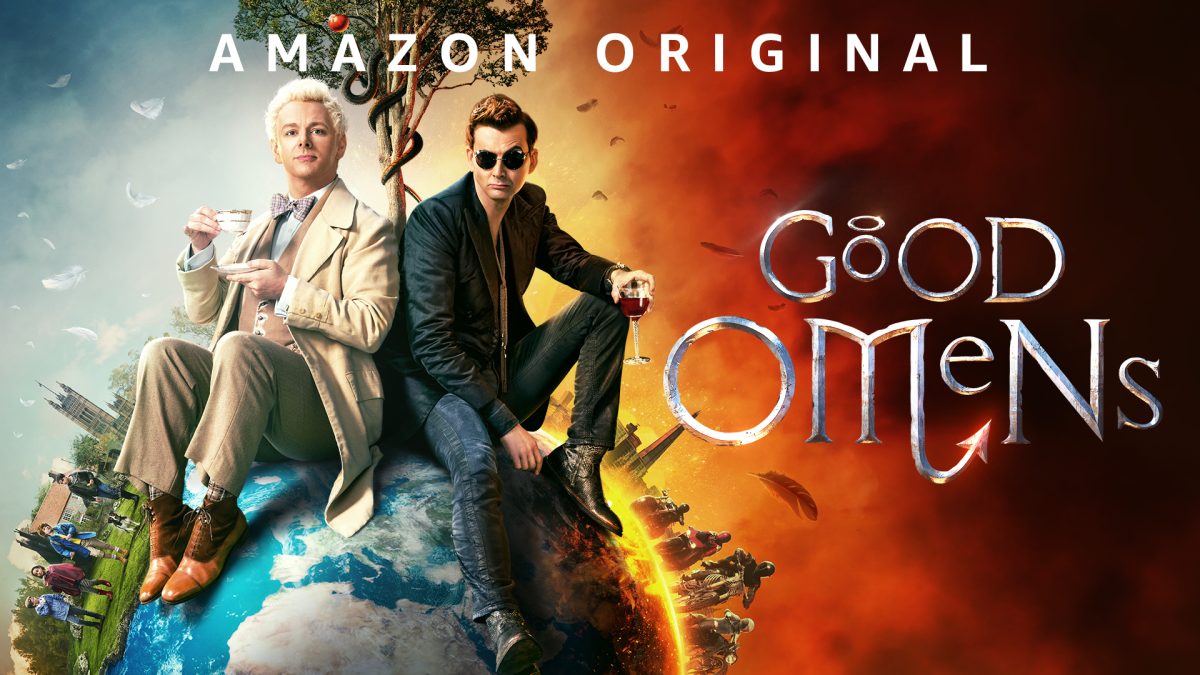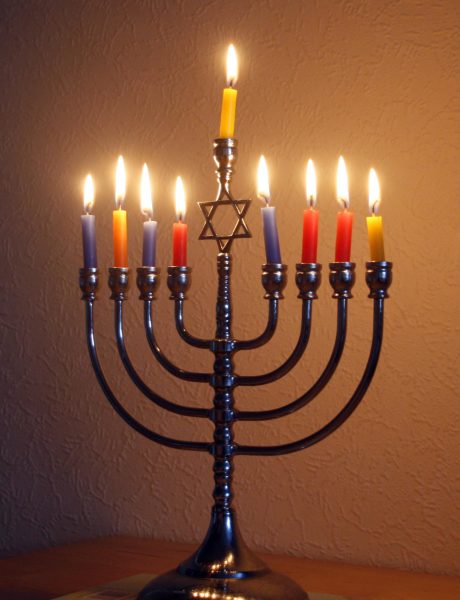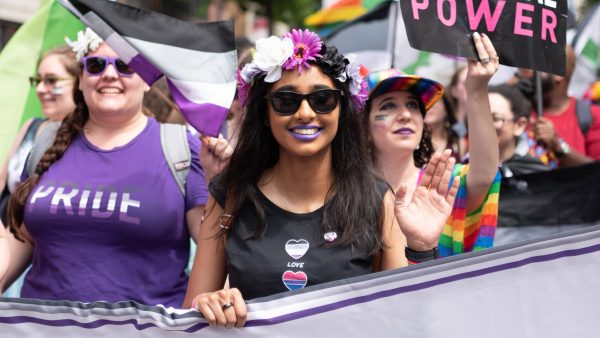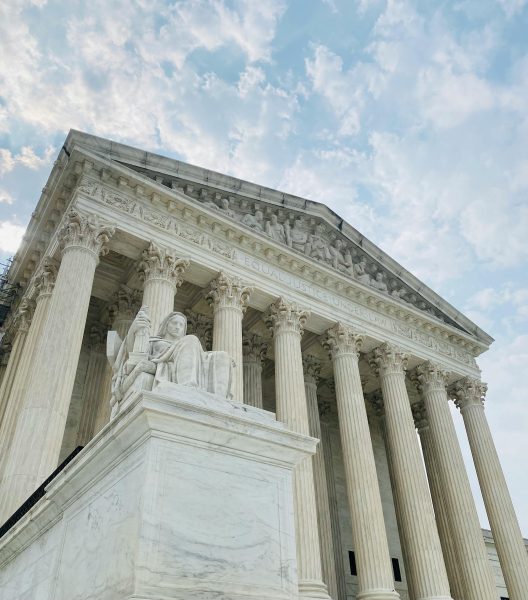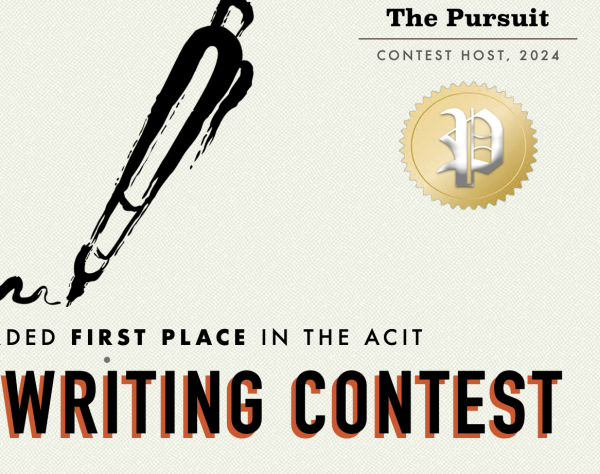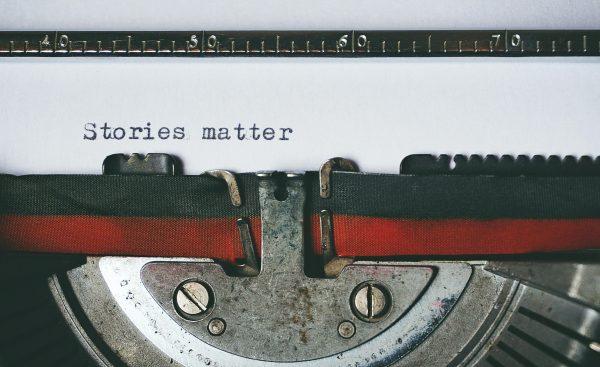A Celebration of All That is American
President’s Day Became Official in 1862
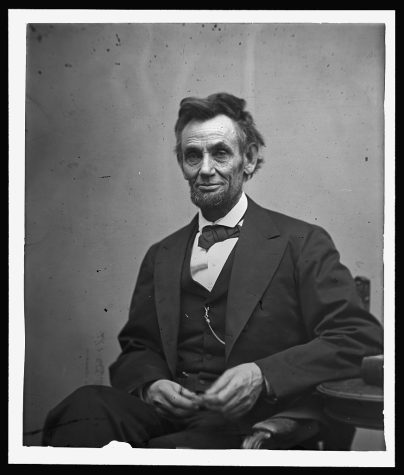
The Star Spangled Banner starts with, “Oh, say can you see by the dawn’s early light,” and ends with, “O’er the land of the free and the home of the brave?”, (Francis Scott Key). These words would go on to be sung at the beginning of the day in schools all across America. The song is a representation of respect toward all that has sacrificed and or served this country. One of, if not the most important pieces to the story of America, would be our president. If not for our very first president, George Washington, fighting for six years for our freedom and fending off the British, America wouldn’t exist. Simply put, without him, the army would be a leaderless group of men waving around sticks.
What makes this Federal holiday so important is the people that serve this country, lending it more power with every influential thing done while in office. These people put multiple generations of Americans on their backs and have carried America to where it is today. Americans today give these men homage through a holiday celebrated annually. Every President has had some sort of influence on American culture during their presidency, for better or worse. Their names are cemented in history for their accomplishments and actions that they took in office, and for that, they are commemorated every time an American stands up and pledges to the flag.
President’s day originated from an issued proclamation from Abraham Lincoln in 1862 that declared February 22nd, Washington’s birthday, a celebration that honored George Washington. It would then be implemented by an Act of Congress, in 1879, to be celebrated by government offices in Washington. In 1885, it expanded to include all federal offices, while still being celebrated under the title, “Washington’s Birthday”. This wouldn’t be changed until 1971 when an Act was put through Congress so that it would be called “President’s Day” in order to honor both men. Although this also came with the fact that 3 years prior the holiday would be moved to the 20th because of the Uniform Monday Holiday Bill, which moved multiple holidays to a Monday.
Considering President’s day started because of Washington, it would be complementary to discuss his accomplishments and events that he influenced as president. He set many foundations and expectations being a president, but along with that, he signed quite a few bills that affected America. One of the most important bills signed by him and approved by Congress was the bill establishing the first national bank that would go on to shape our money system to this day. Another thing that Washington did was set up his presidential cabinet, which isn’t the biggest accomplishment until the average person realizes that this would set a precedent for every president to have their own presidential cabinet. Along with this, George Washington would set one of the most important precedents ever that every president followed, except for FDR who has his reasons for breaking this rule. Washington only served eight years before leaving the mantle, which would end up being the tradition of a president only being able to serve two terms of four, a tradition that honored his service as president.
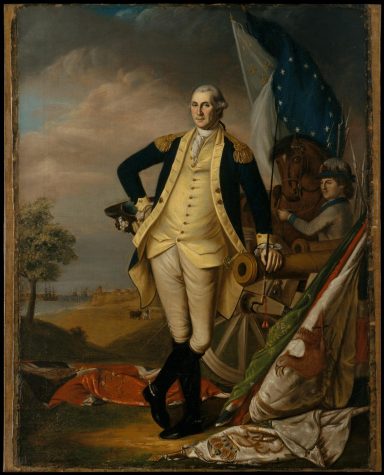
There was another president who, just like Washington, had his birthday celebrated via President’s Day. This person would go on to put out a proclamation that would start the process of giving people of color the same rights as white men, he was the 16th President of Abraham Lincoln. Lincoln achieved many things when he ran the United States but overall he made a vast amount of changes that positively impacted us to this day. One of the best examples of this would be the fact that he kept the union together by going to war with the Confederates. By doing this, he led the way for people of a color to have a chance at being free. Although the Emancipation Proclamation might not have freed the slaves at the time, it opened up Congress to the idea of freeing the rest. This then led to drafting and ratifying the Thirteenth Amendment. For a not-so-fun fact, Abraham Lincoln was assassinated by John Wilkes Booth, an astounding, upcoming, young stage actor, three months and 17 days after the Thirteenth Amendment was ratified.
To wrap it up, Americans don’t seem to understand the significance of what their forefathers have gone through to make their lives easier. Americans only see President’s day as a way to get off work or school, but lack an understanding and respect of the holiday. Simply put, America wouldn’t be America without them, but instead, something not even the smartest of people would be able to imagine. But the real lesson is that even if Americans don’t agree with the flag or stand up for the Pledge of Allegiance, they shouldn’t take what has been given to them by their forefathers for granted. Everyone has the right to their own opinion in America, but common courtesy should have meaning and be sentimentally valued by all who have been bestowed with the gift of freedom.
